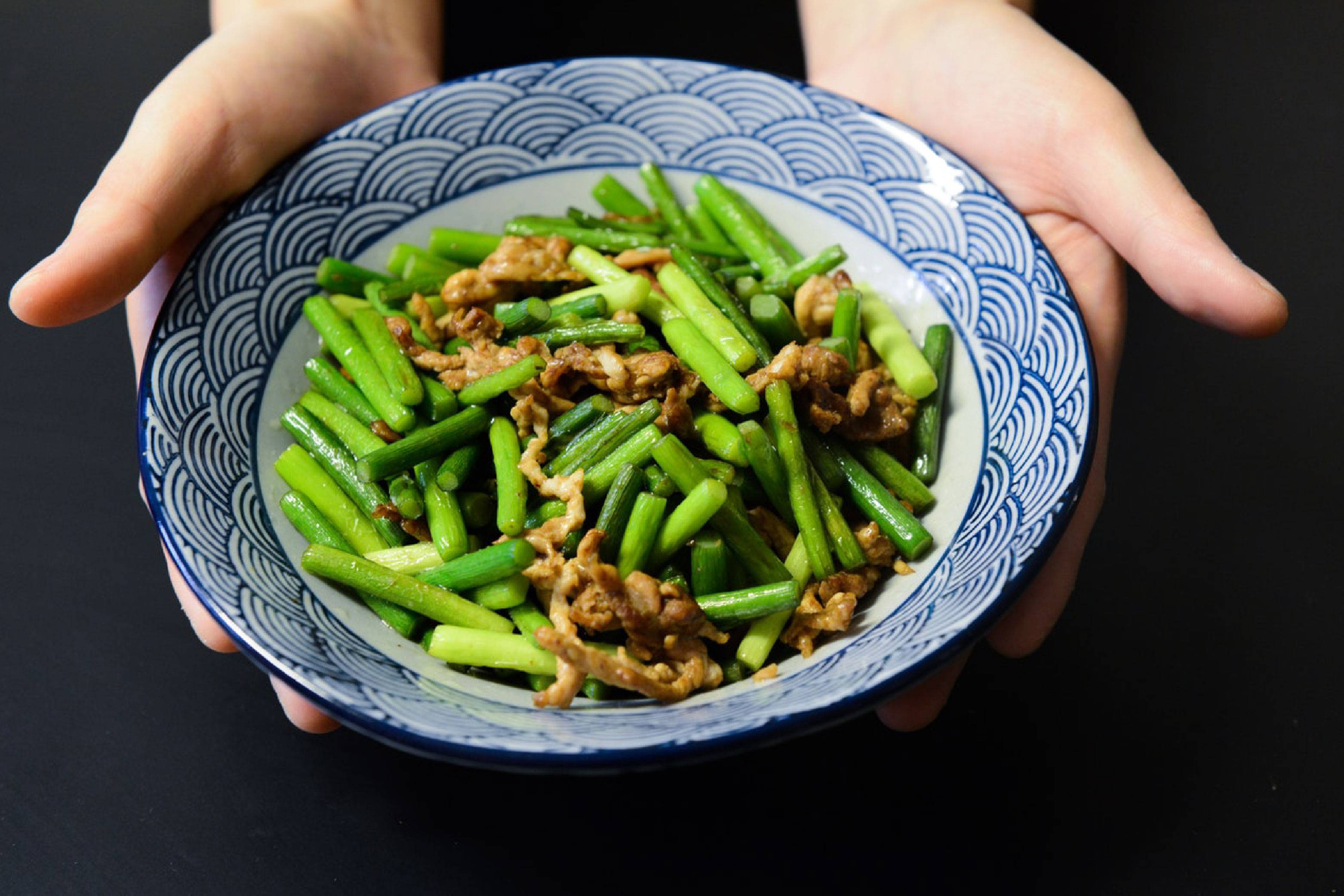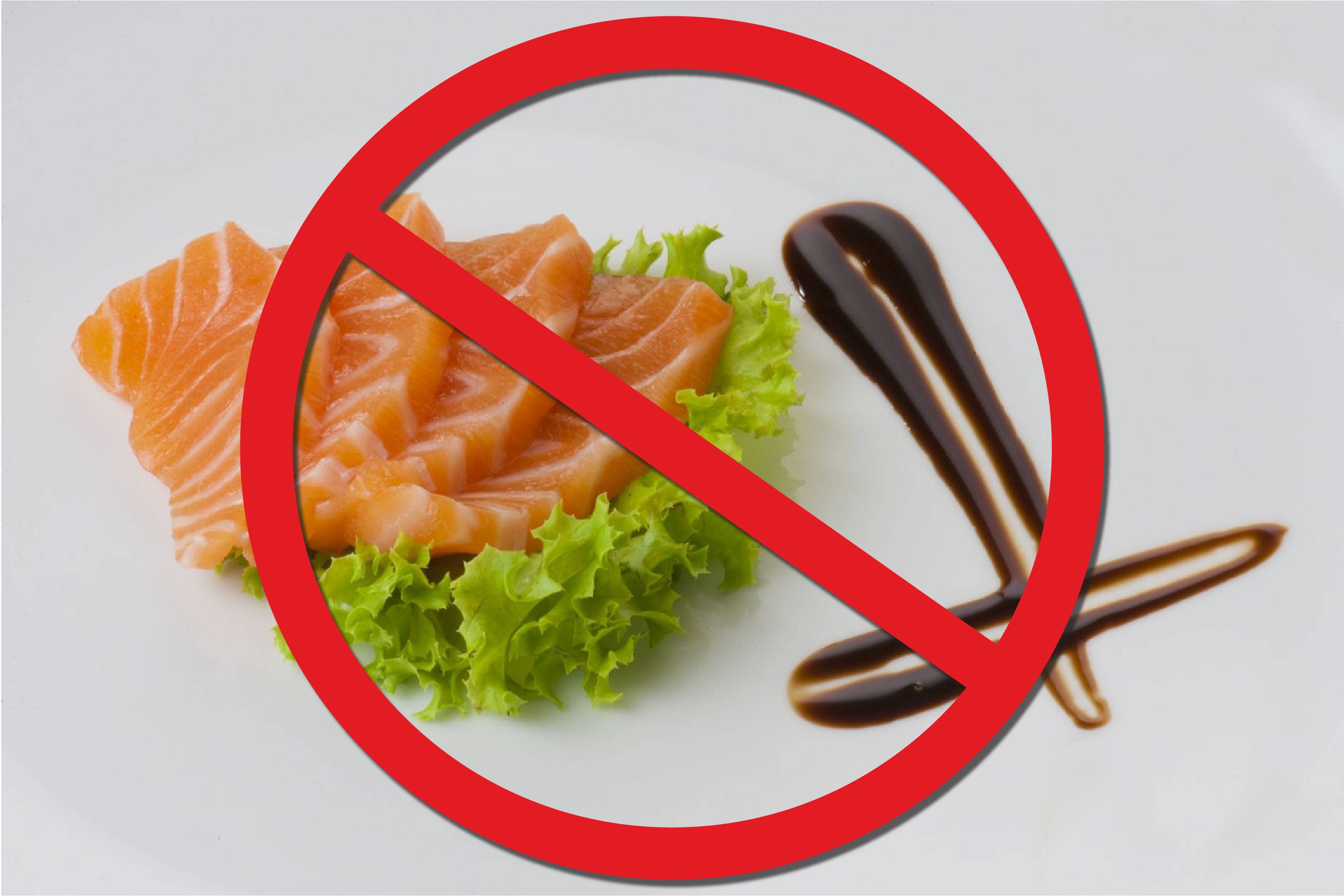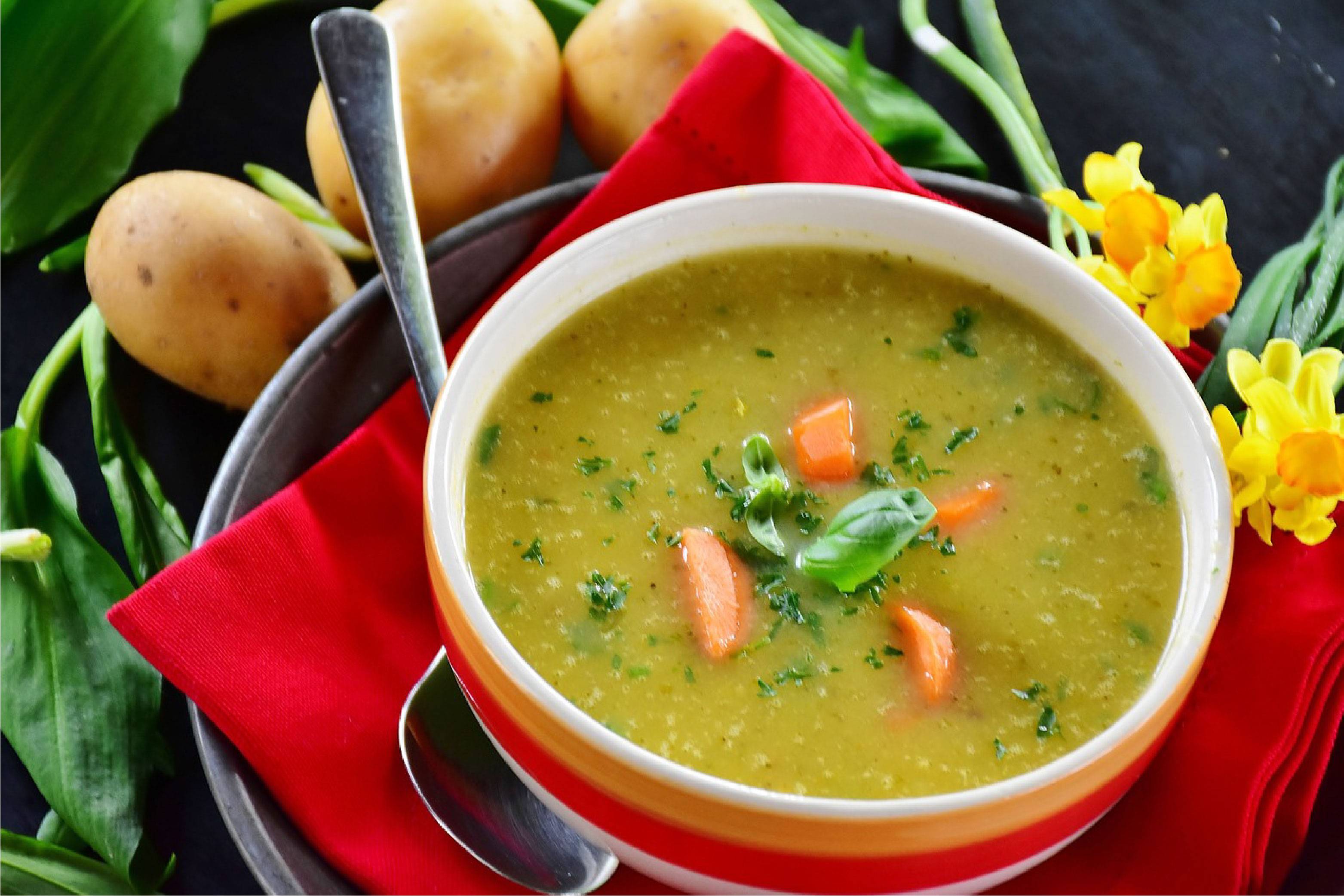Food is one of the most important things in our life. When we were first born, we got our mother’s milk and then we learn to eat solid food as our teeth grew one by one. As we got older and older, little by little it gets harder to eat because our body is not as it used to be. Eating habit and preference are changing, as people ages, the ability to bite, chew, and swallow food is lowered. This might be tricky for you to take care of your grandparents or parents. You might be wondering what and which food your grandpas or grandmas need, what foods should they avoid, and how can you increase their appetite? I hope this article helps you because nutrition for elderly is something to pay close attention to.
What Do Senior Citizens Eat?

A healthy meal should consist enough amount of energy (calories) and nutrients (protein, fats, carbohydrates, fiber, vitamins and minerals).According to “A Guide to Healthy Eating for Older Adults”,a healthy meal should include:
- Grain Products
Grin your fiber from grain from soft fresh breads, mashed or boiled potatoes, pasta, rice, barley, quinoa, oatmeal or cream of wheat.
- Vegetables and Fruit
Strive to eat at least 7 servings of fruit and vegetables each day. This may seem like a lot of food, but a serving is smaller than you think! Fruit and vegetables taste great and contain lots of vitamins, minerals and fibre. Choose dark green or brightly coloured like red, green, and purple vegetables and fruit more often.
- Milk and Alternatives (low-fat dairy)
Milk and Alternatives contain calcium, Vitamin D and other nutrients that are important for strong bones. Add some cheese on your sandwiches, salads and vegetables. Eat other calcium-rich foods – white, navy or baked beans, almonds, sesame seeds, broccoli and figs. Add fortified soy milk, milk or skim milk powder instead of water to prepare cream soups, hot cereals, mixes or stews.
- Meat and Alternatives
Meat, poultry, fish, eggs, legumes such as beans, peas and lentils, tofu, nuts and seeds are excellent sources of protein, iron and B vitamins.You don’t always need meat, fish or poultry to meet your protein needs. Try other foods that are good sources of protein such as nuts, legumes, eggs or tofu. They are quick and easy and make great snacks! Try to eat 2-3 servings of protein rich foods per day.
- Low or no sugar products
Diabetic elderly have to stay away from high glycemic index food. Glucerna from Abbott or Nutrens Diabetes from Nestle are a good meal replacement for elderly with diabetes.
What Foods Should Senior Citizens Avoid?
 As we age, it is harder for our bodies to fight off germs, making it easier to get sick. While it looks like a healthy food, raw foods may contain germs that can easily make elderly people sick, causing food-borne illness, sometimes called food poisoning. According to AgingCare.com, senior citizens should avoid to eat raw eggs, raw fish, oysters, clams and mussels, unpasteurized milk and juice, raw or rare hamburger, carpaccio (thin shavings of raw beef fillet) and steak tartare, sushi and sashimi, ceviche, foods that contain undercooked eggs (unpasteurized eggnog, Monte Cristo sandwiches, French toast, homemade Caesar salad dressing, Hollandaise sauce, tiramisu and raw cookie dough or cake batter).
As we age, it is harder for our bodies to fight off germs, making it easier to get sick. While it looks like a healthy food, raw foods may contain germs that can easily make elderly people sick, causing food-borne illness, sometimes called food poisoning. According to AgingCare.com, senior citizens should avoid to eat raw eggs, raw fish, oysters, clams and mussels, unpasteurized milk and juice, raw or rare hamburger, carpaccio (thin shavings of raw beef fillet) and steak tartare, sushi and sashimi, ceviche, foods that contain undercooked eggs (unpasteurized eggnog, Monte Cristo sandwiches, French toast, homemade Caesar salad dressing, Hollandaise sauce, tiramisu and raw cookie dough or cake batter).
How Can I Increase My Elderly Appetite?
There are swallowing problems like coughing and choking, making it’s hard for older adults to eat thus making them easier to lose appetite. A Guide to Healthy Eating for Older Adults’s advice to make foods easier to eat is we can chop, mash or puree foods because thicker liquids are sometimes easier to swallow, also in preparing food; we can use a fork, blender or food processor, add gravy or sauce to help soften and moisten food. There are many forms of food, such as liquidized/thin puree, thick puree/soft and smooth, soft/finely minced and minced/normal, try different food textures to see what suits your loved one the best.

What Happens If Older Adult’s Do Not Eat Enough?
The Caroline Walker Trust also explains that if older people do not eat enough, they can become under-nourished. This can lead to an increased risk of infection, poor or slow wound-healing – particularly of ulcers and bedsores, slow recovery after operations, skin problems and sores, breathing difficulties, muscle weakness, making tasks of daily living more difficult, tiredness, confusion and irritability.
Conclusion
To achieve healthy and active ageing there are some several way, one of them is to maintain a balanced diet. A good meal is important for the quality of life. This is important for a healthy body and healthy mind. A meal can become a large portion of enjoyable life for elderly people, because other activities such as sports, school and travels become less compared to those of young people. This is why we as their family member or the younger one should help our loved ones to get the nutrition they need for them to get quality life.

